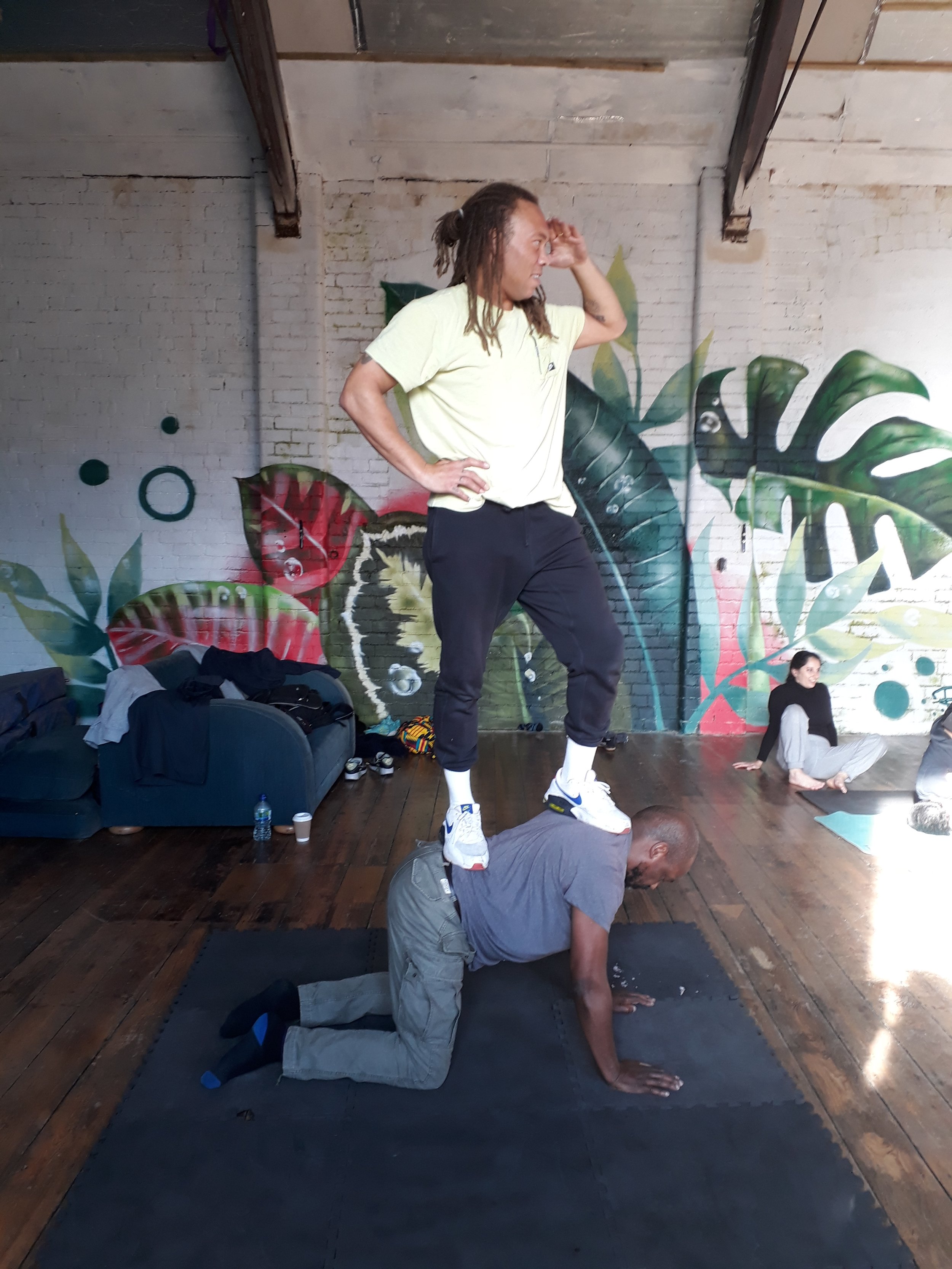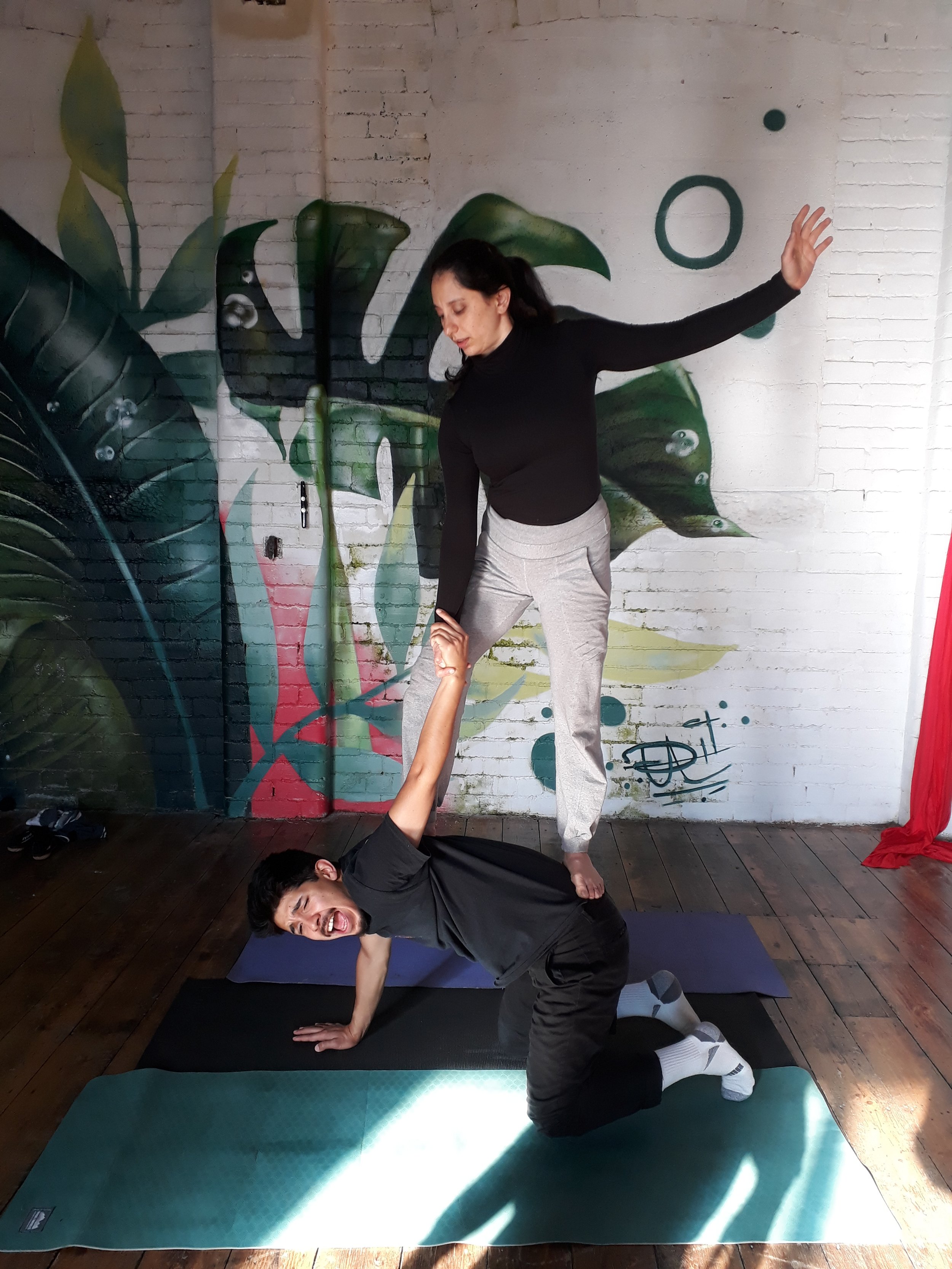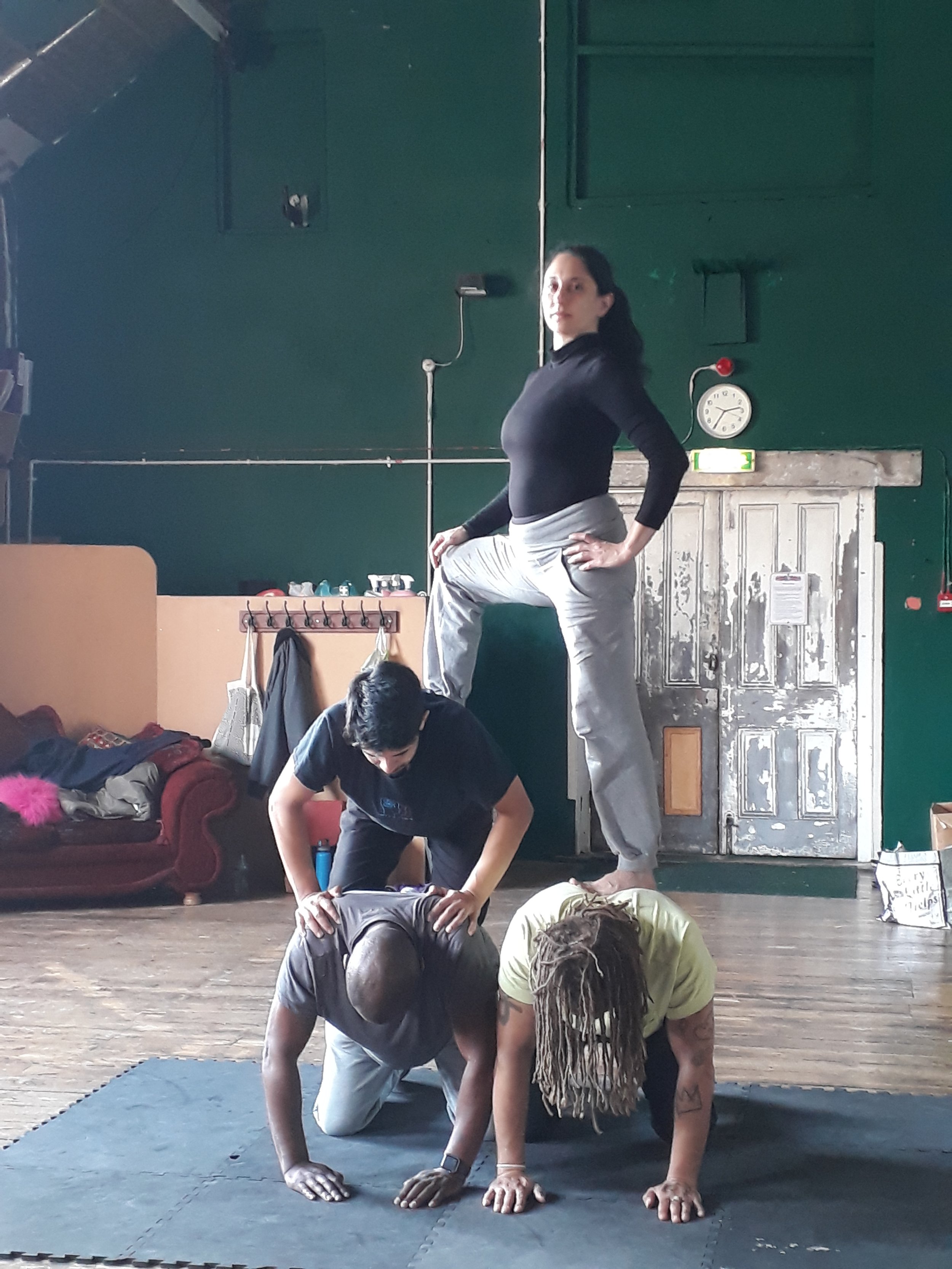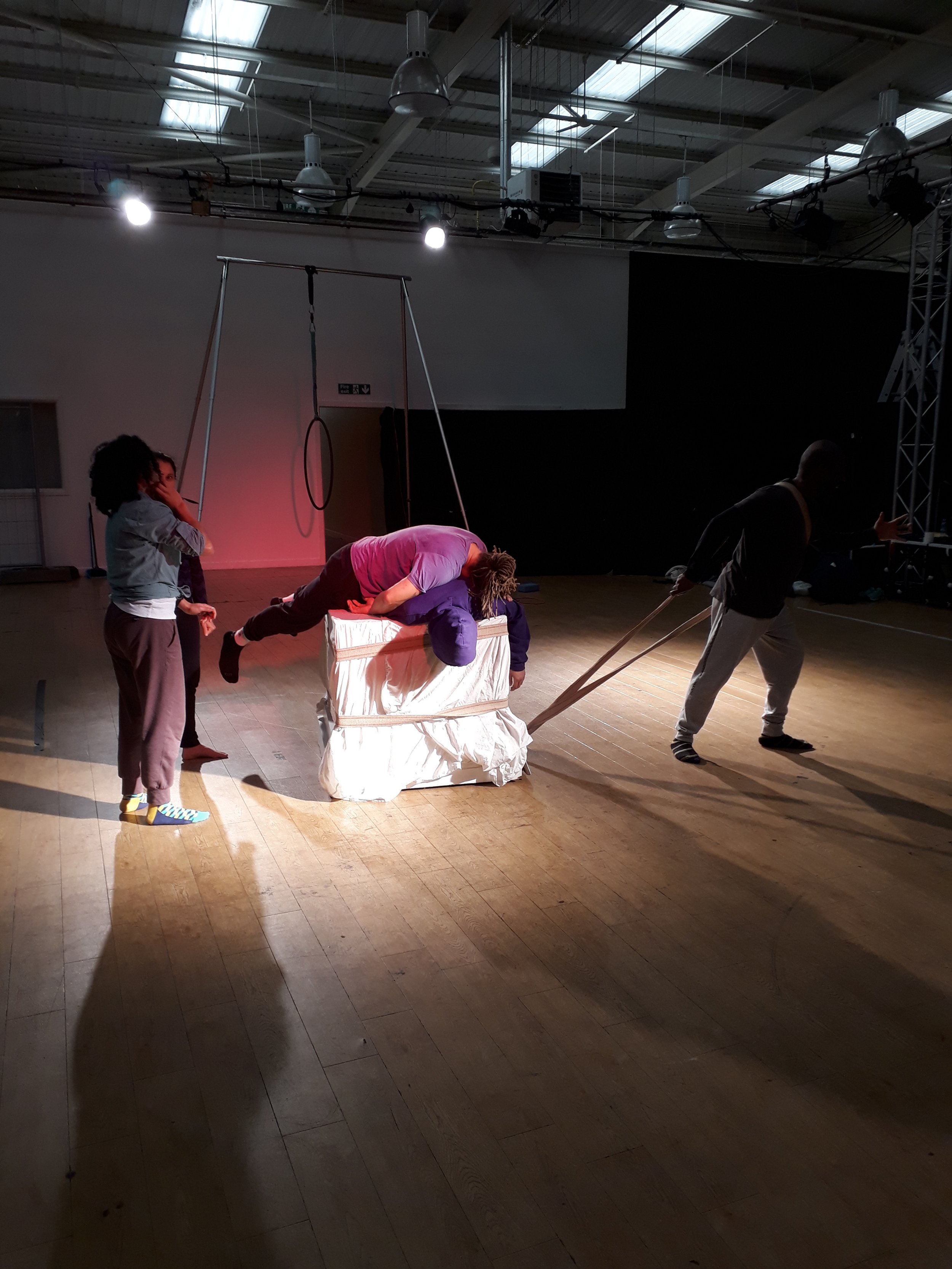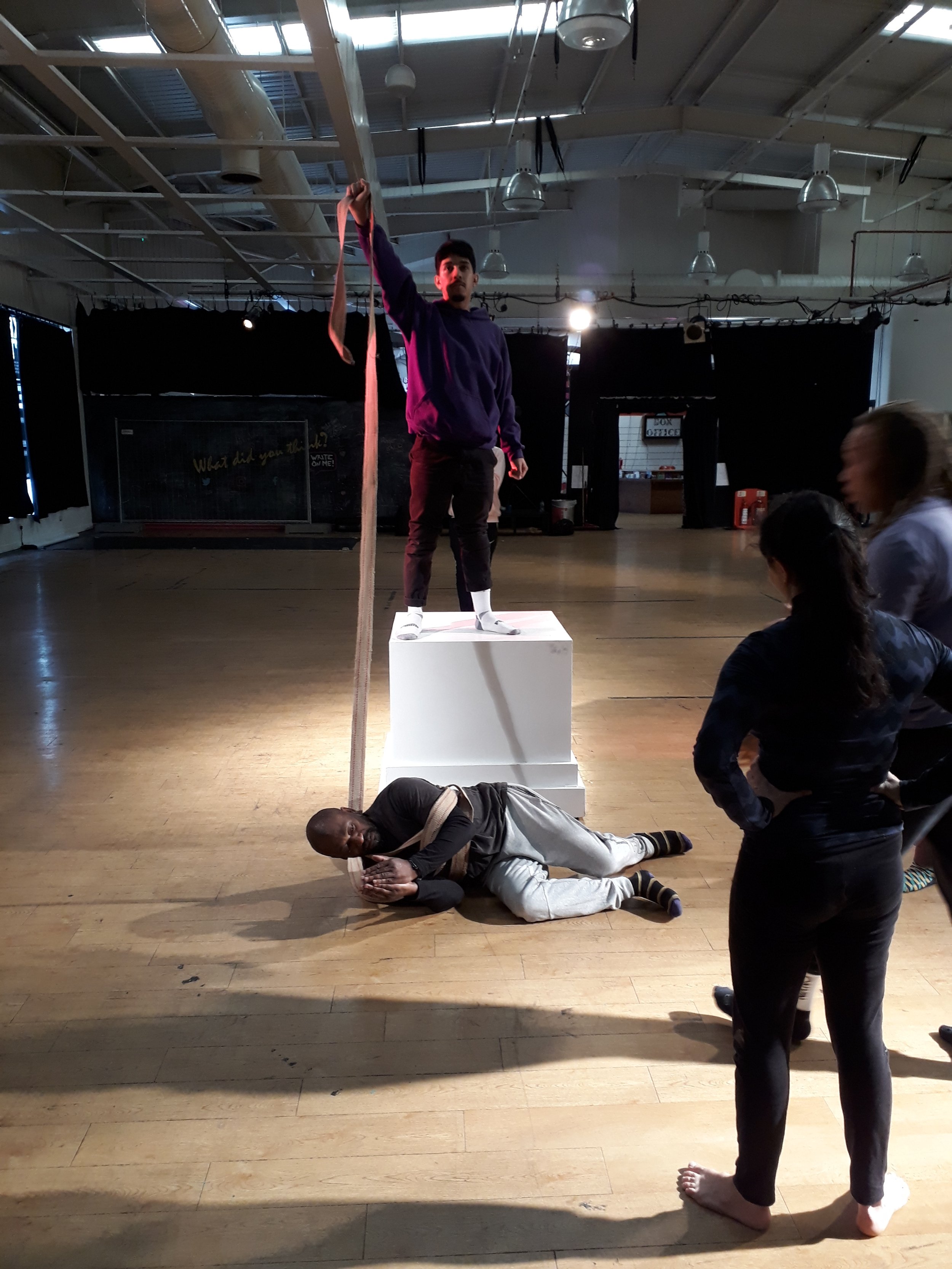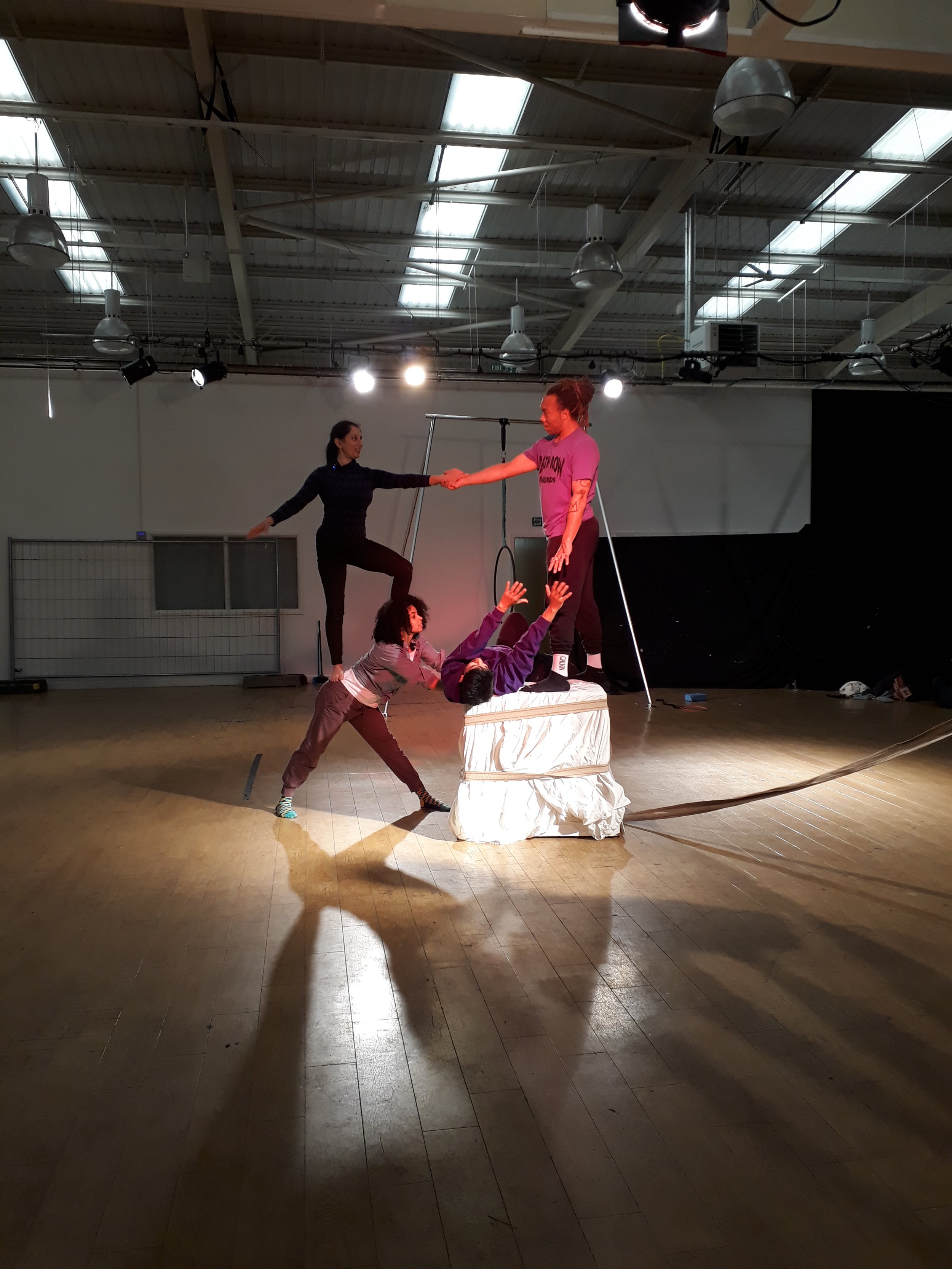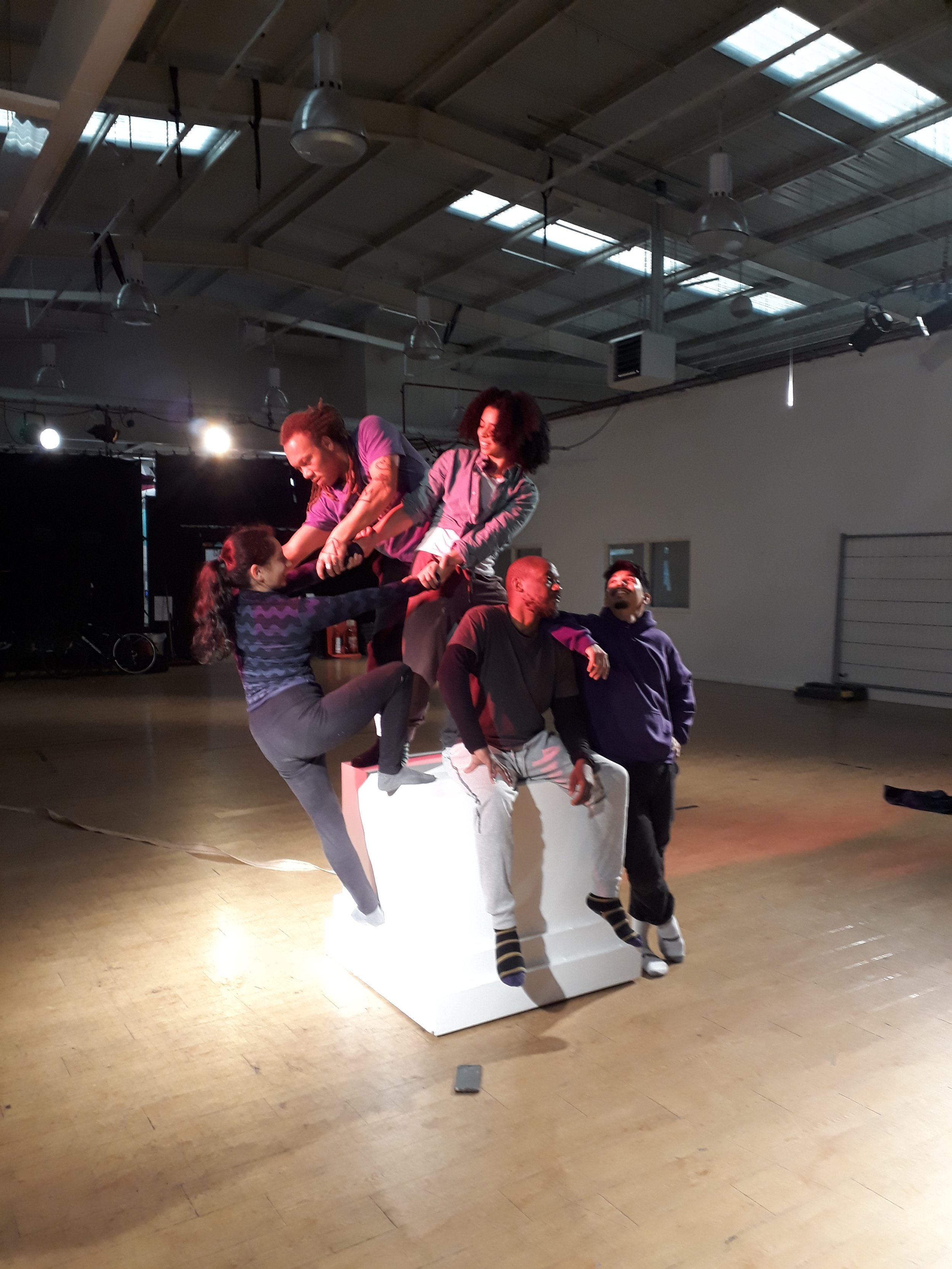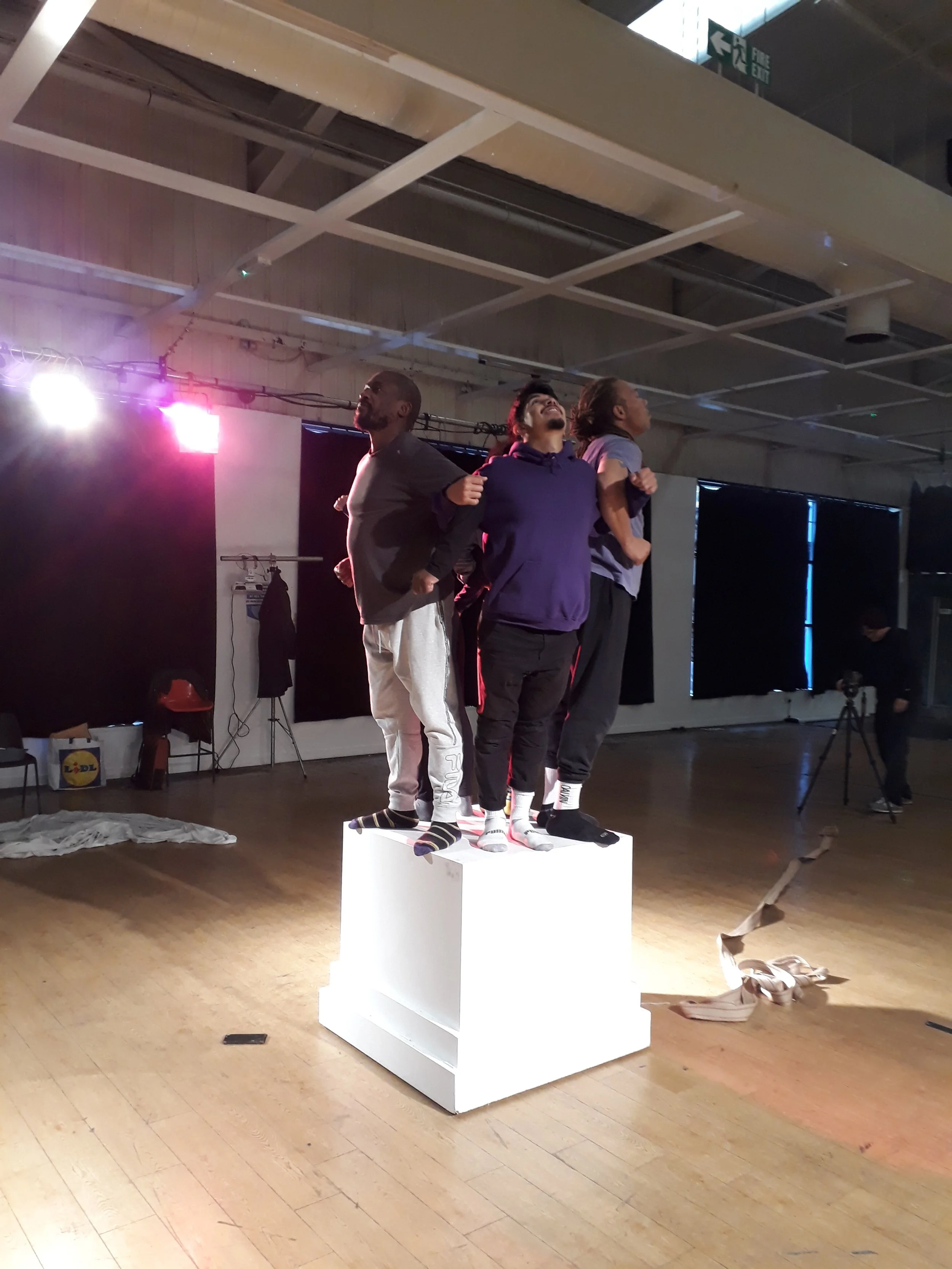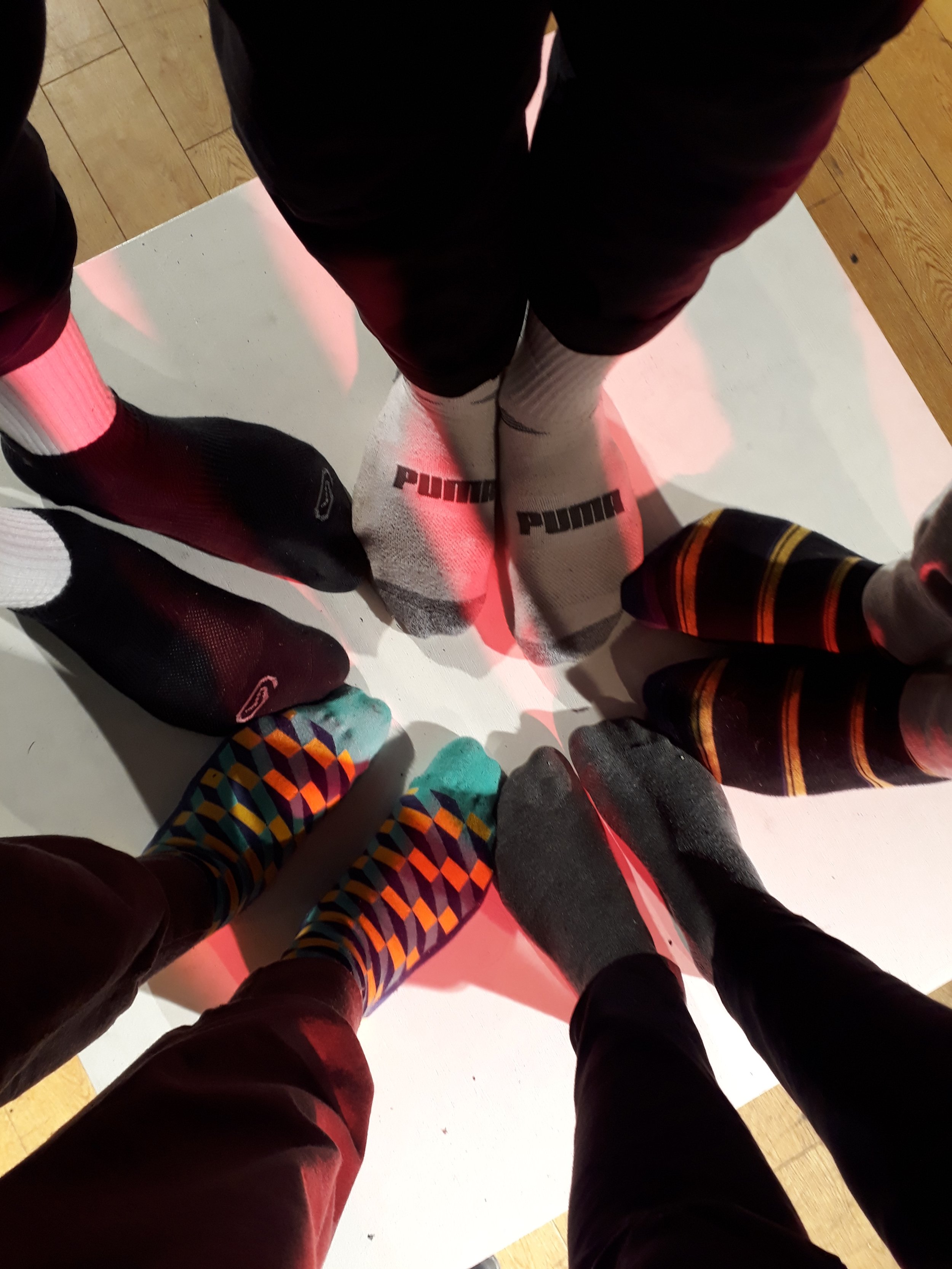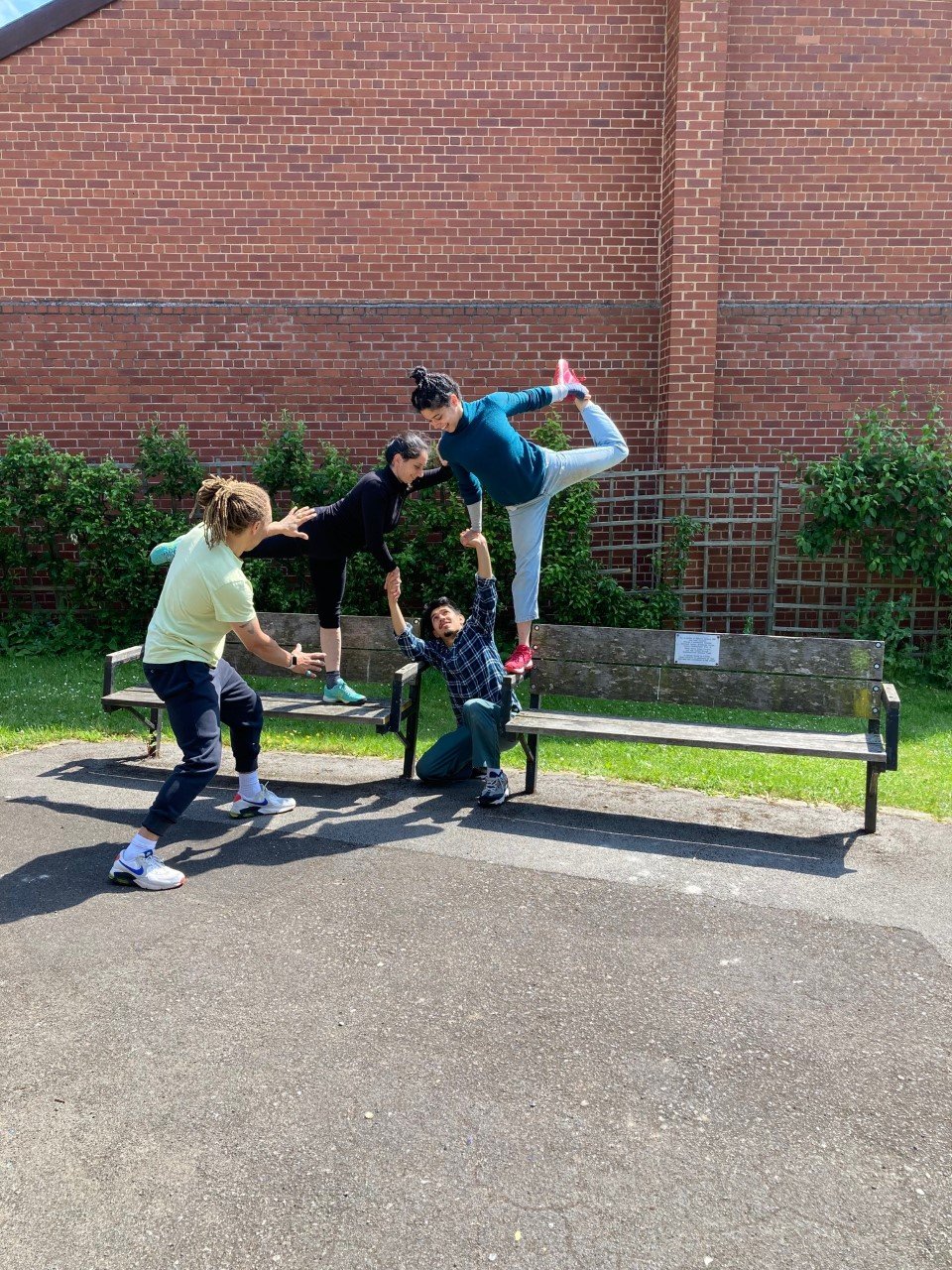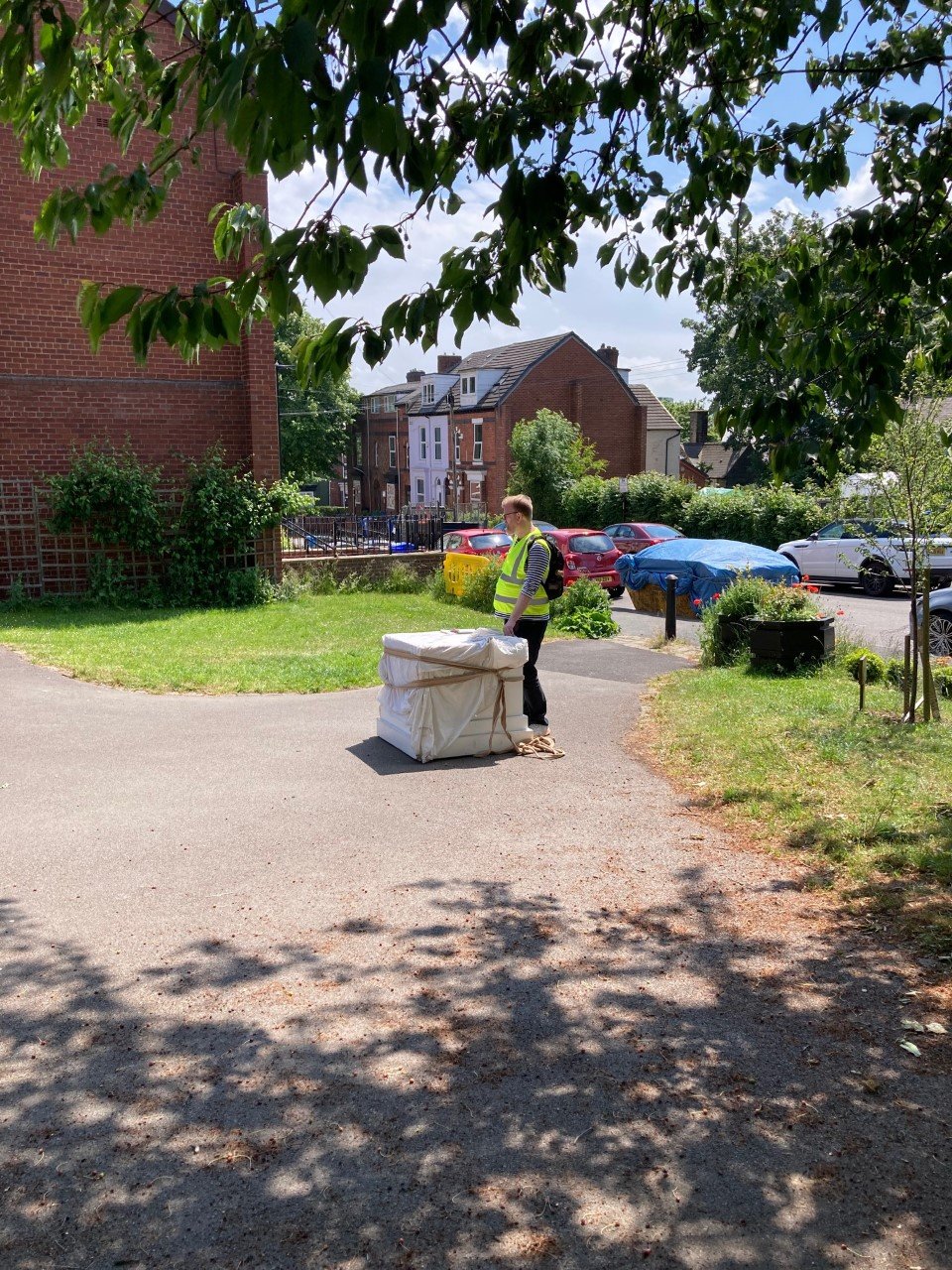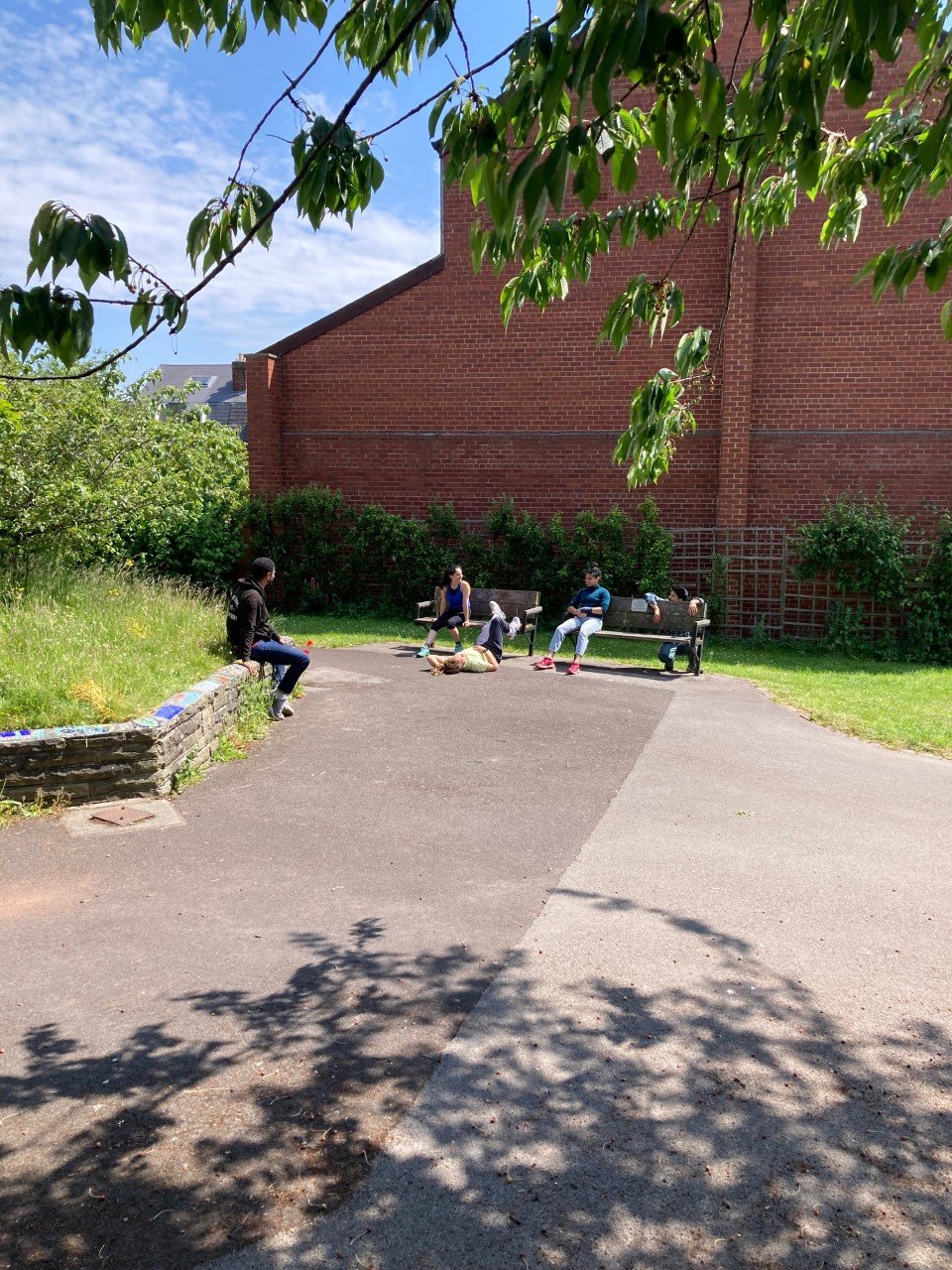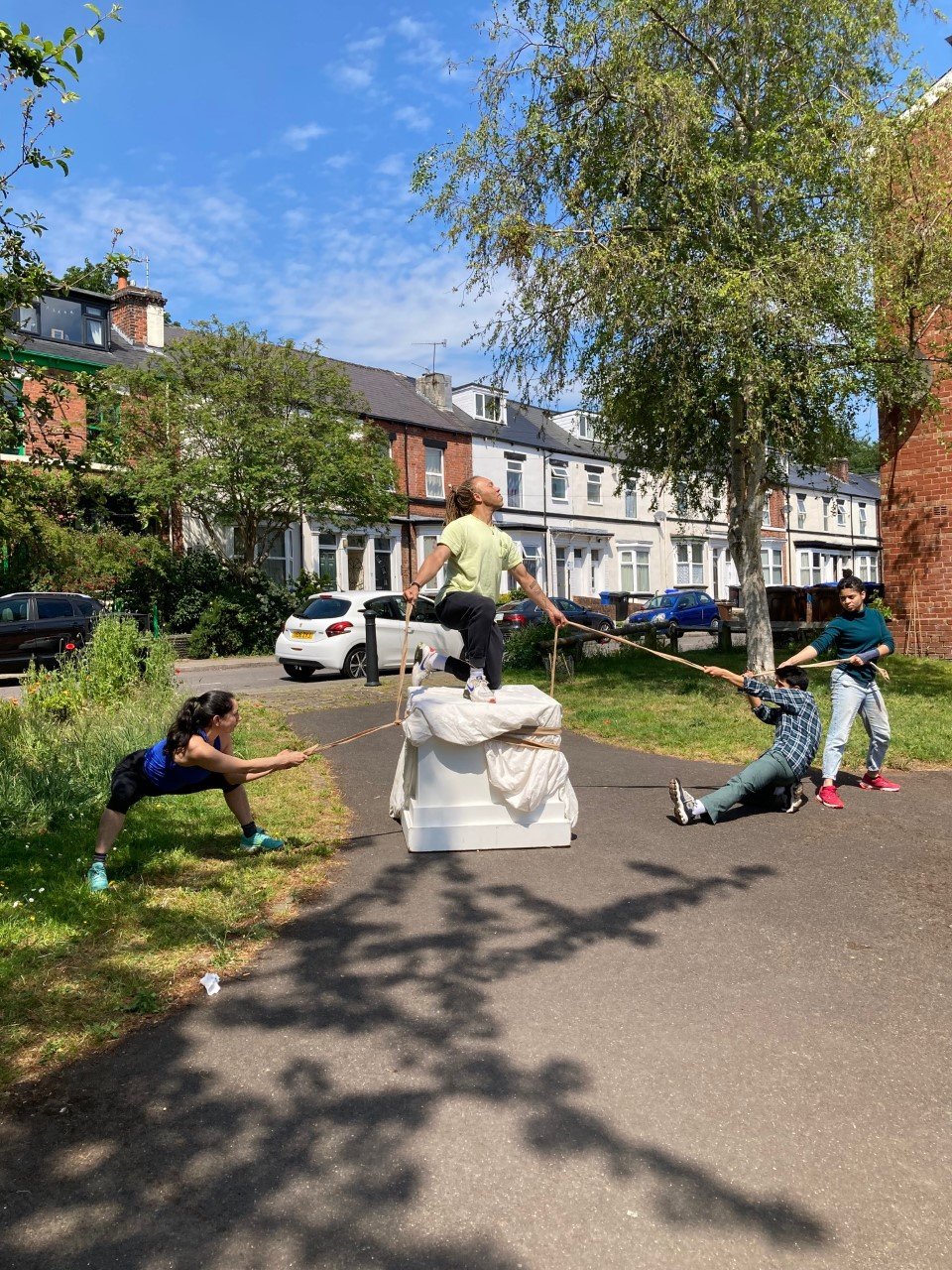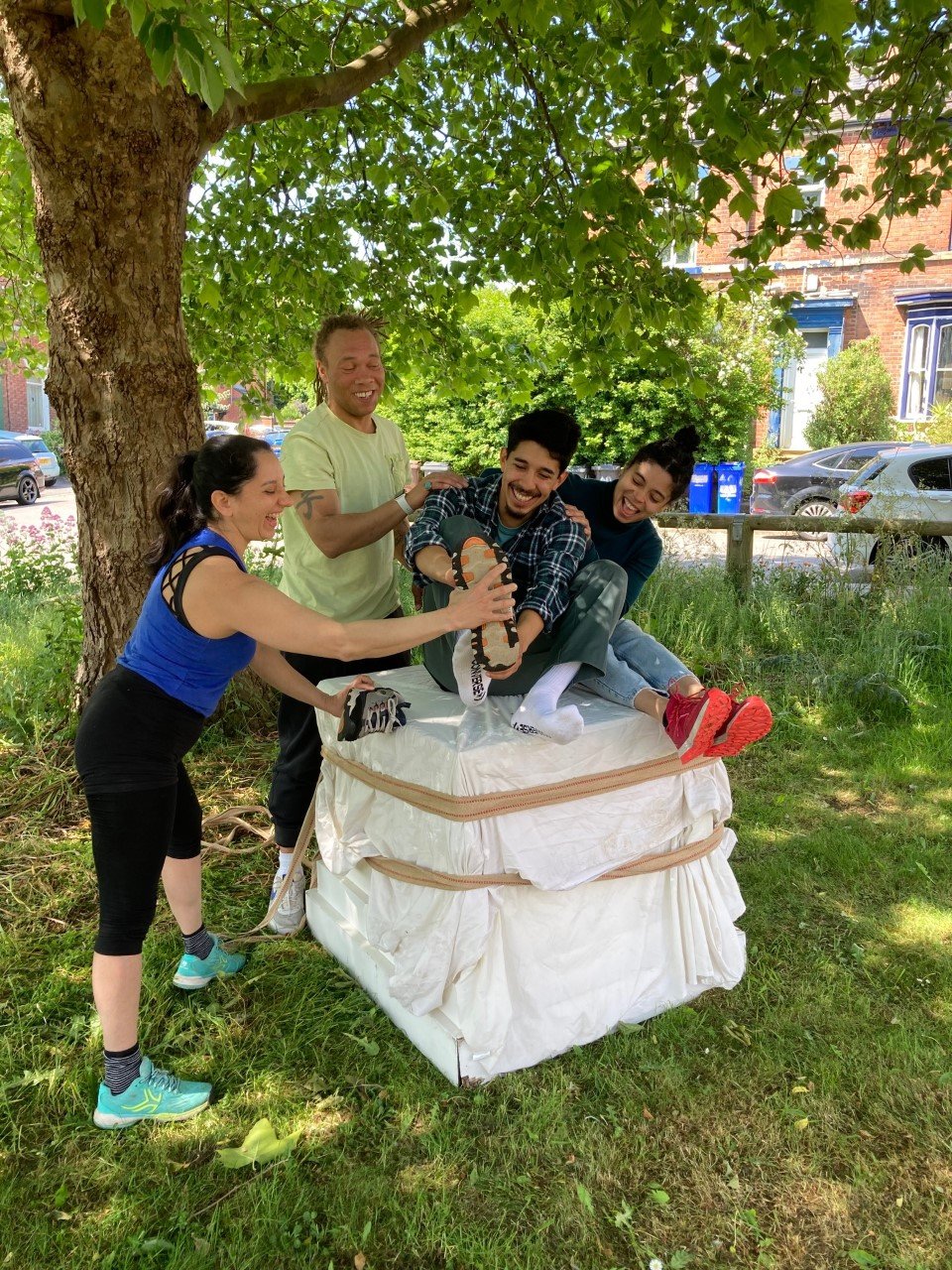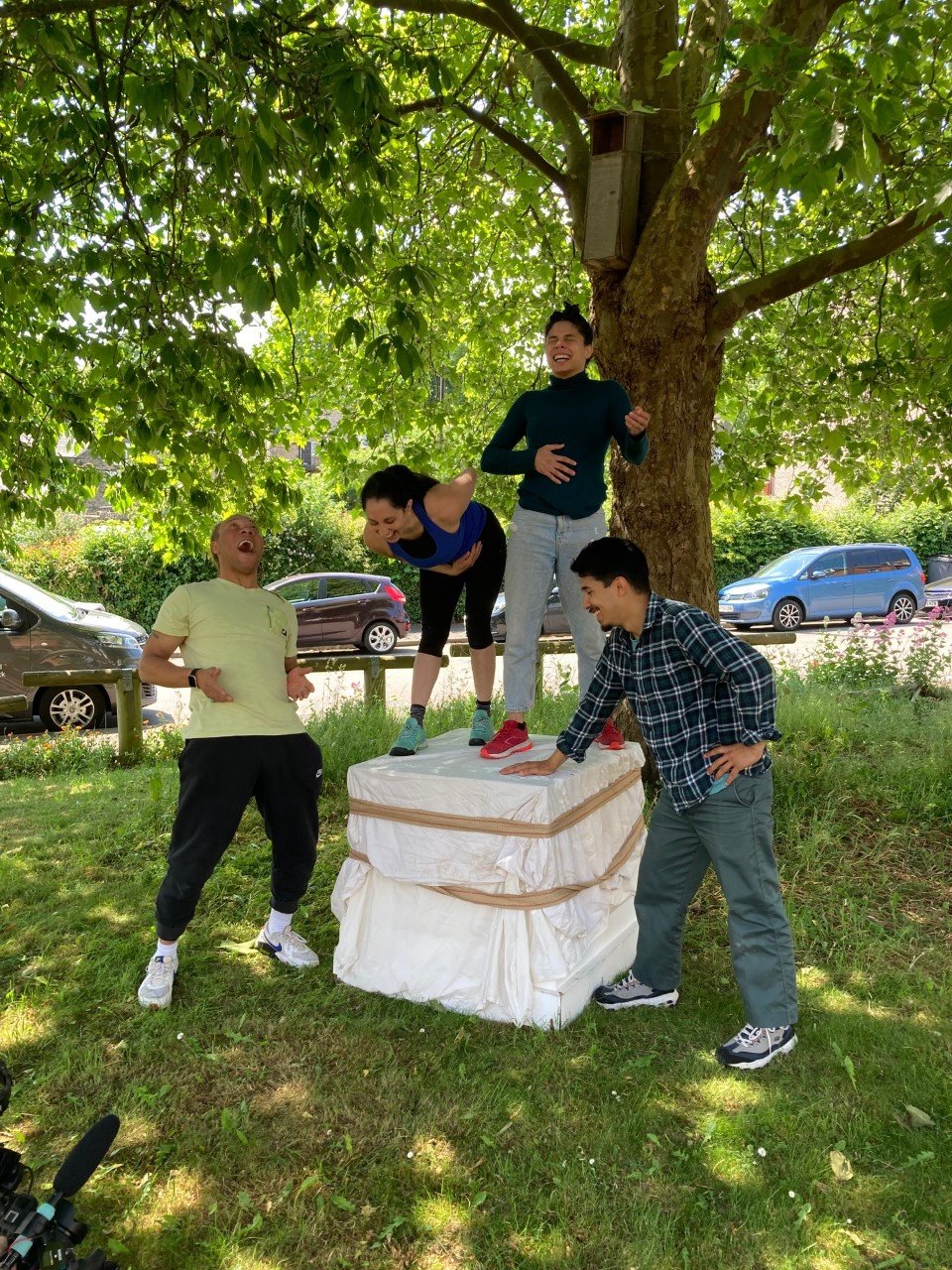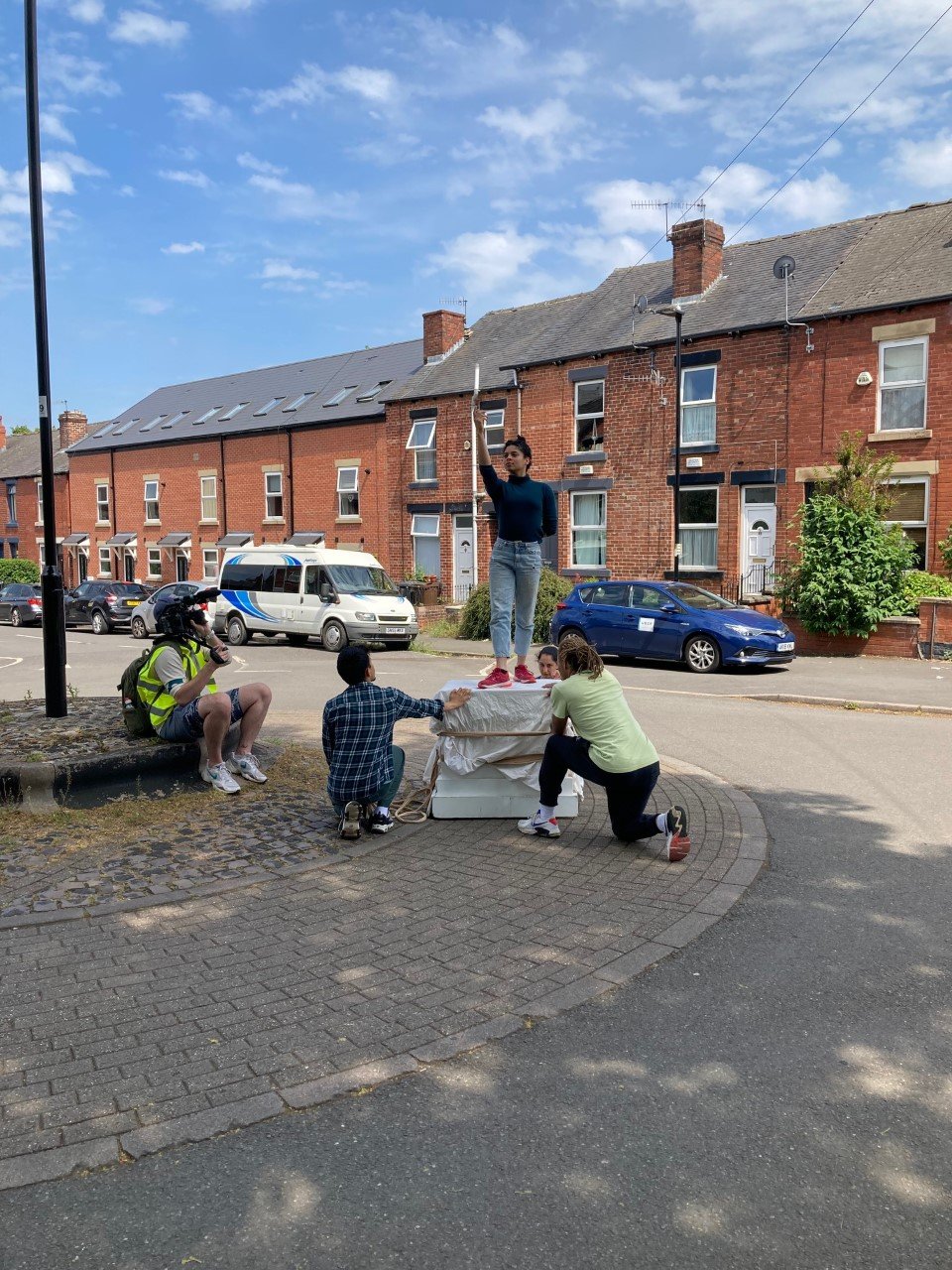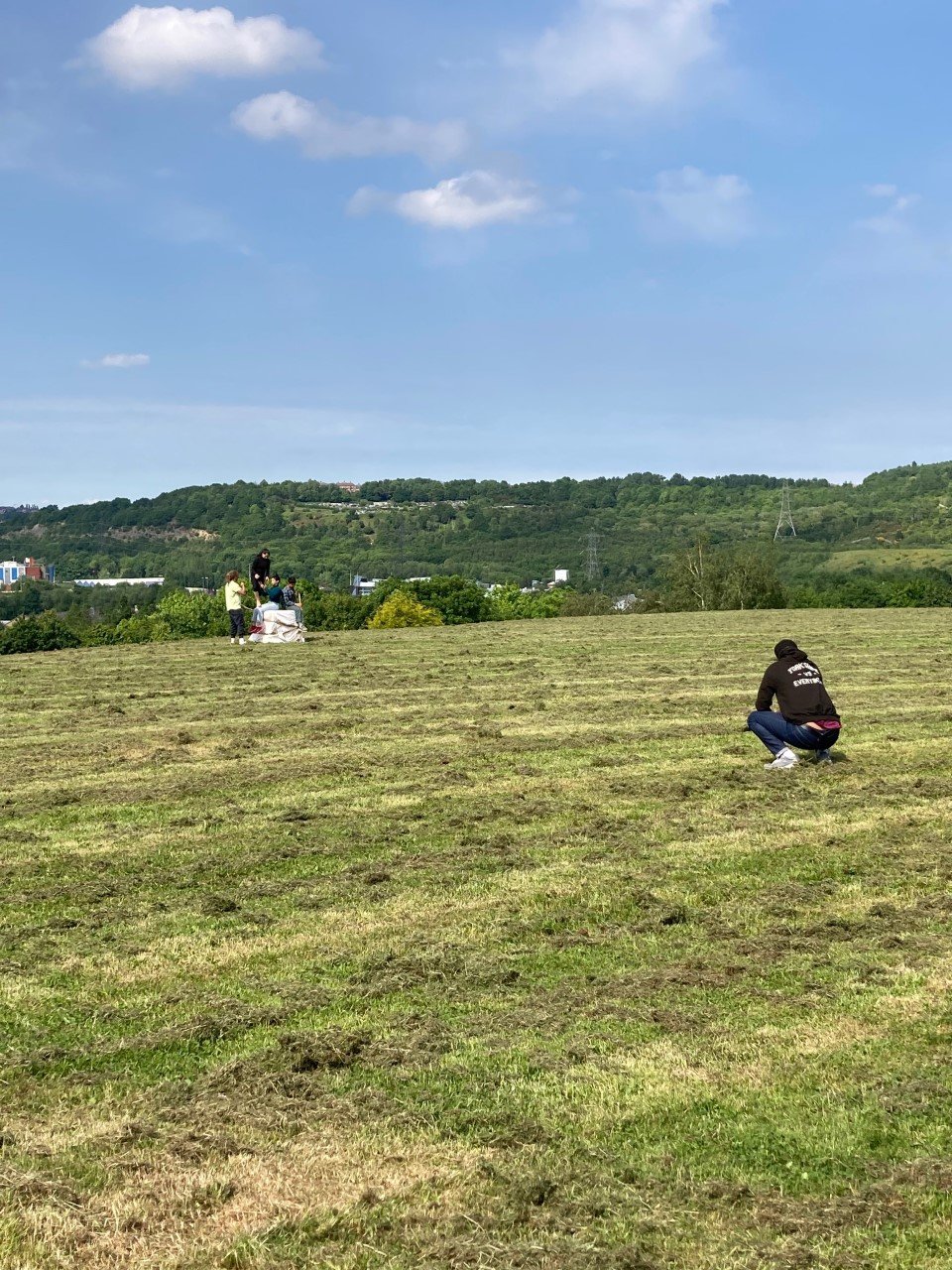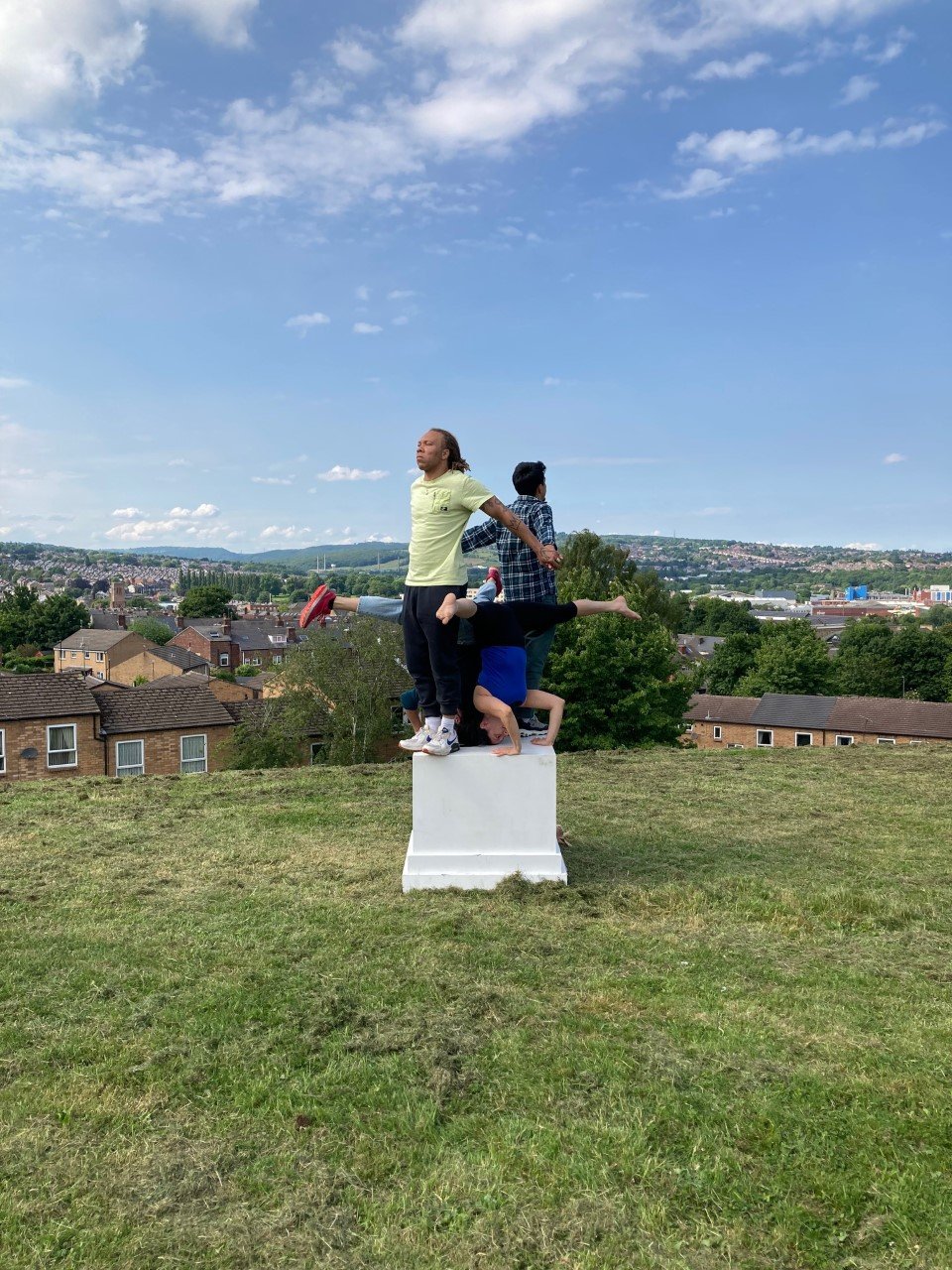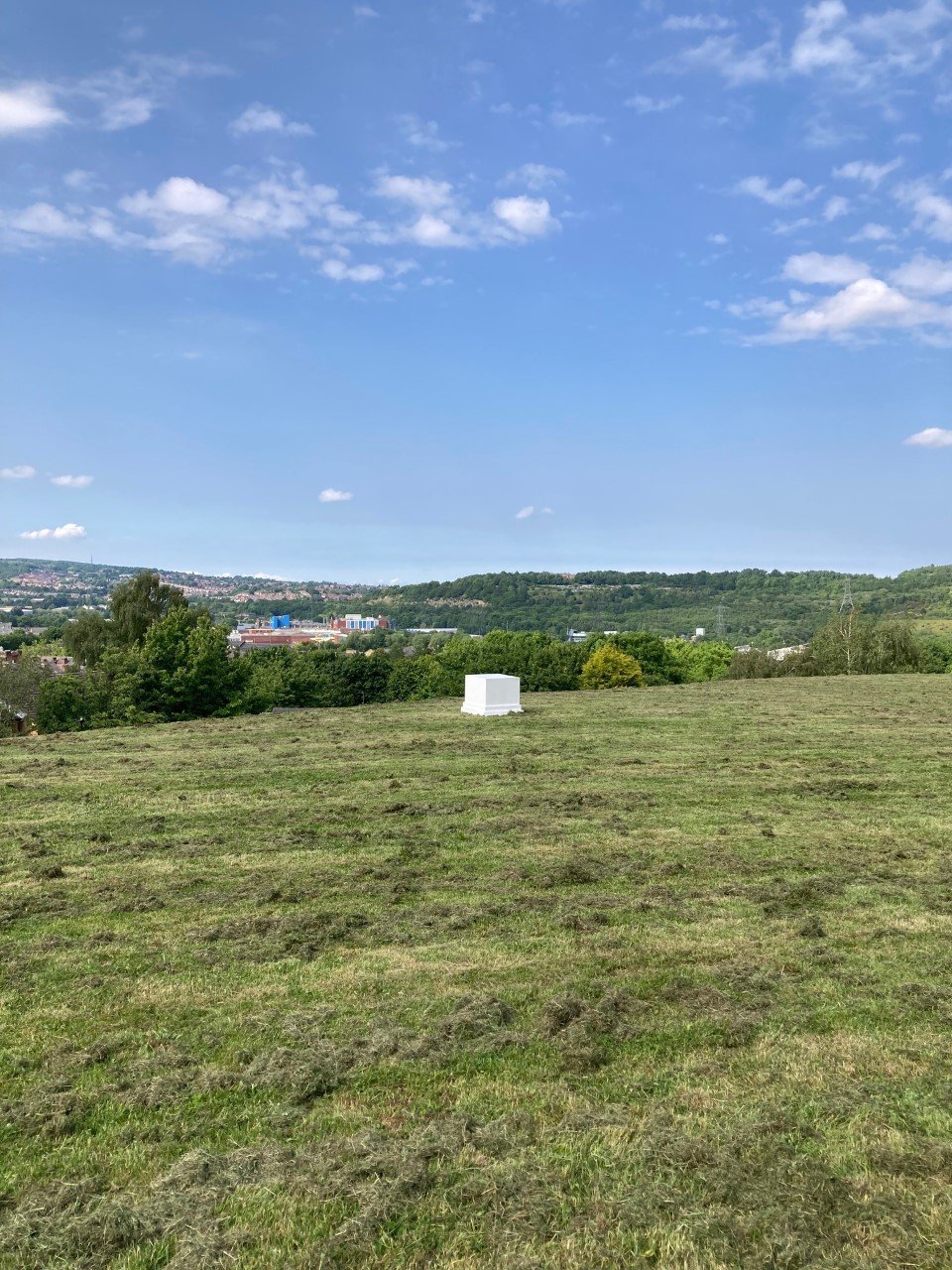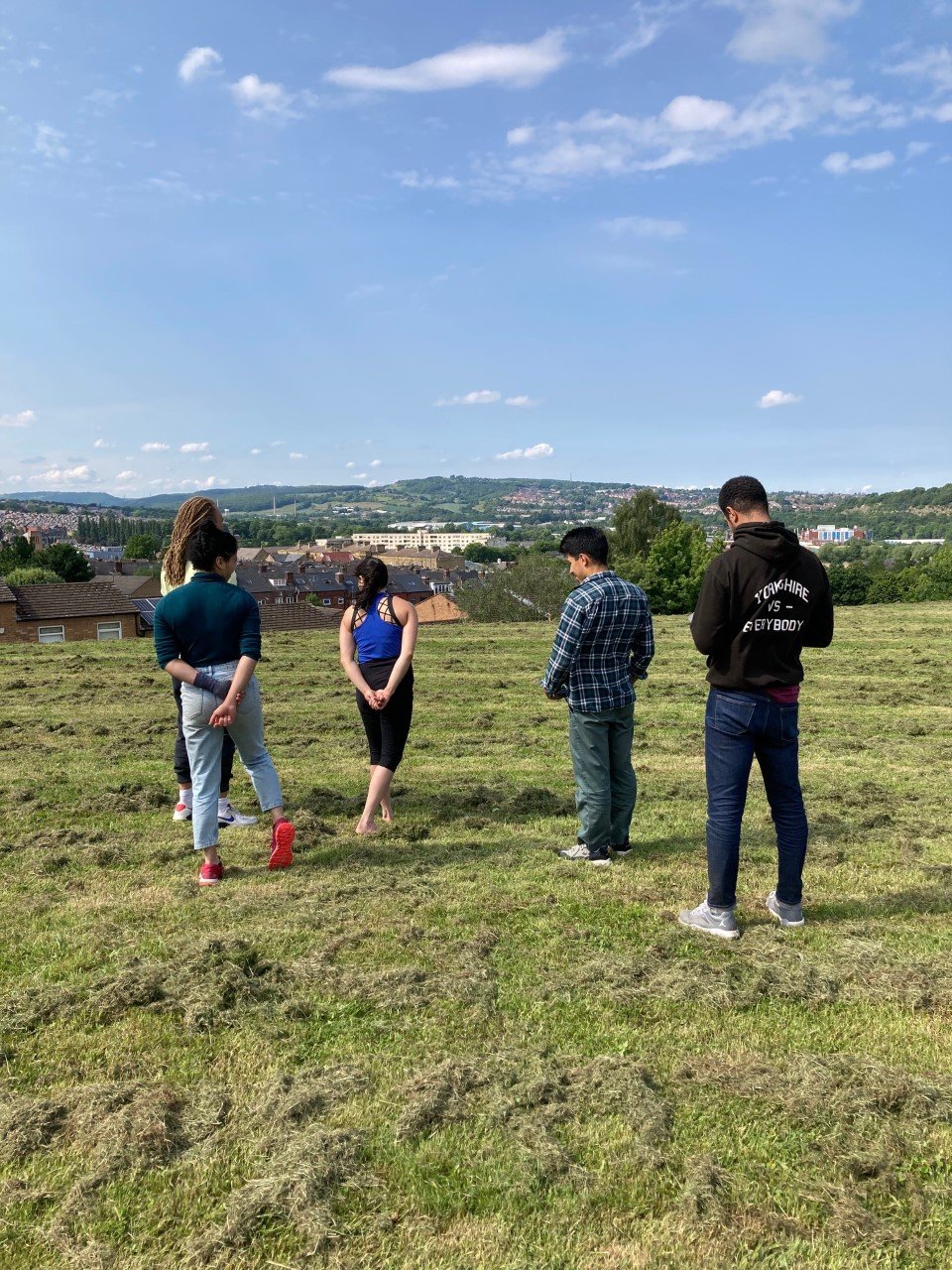HUMAN MEMORIAL
“The Human Memorial Workshops” (2021-2) part of the SAFEDI PROJECT Commission
The Human Memorial - an exploration of alternative forms of public monument and memorial making, since Covid-19, Black Lives Matter, and Rhodes Must Fall movements.
In the summer of 2020, watching (over and over) the footage of BLM protesters tearing down the Colston Statue in Bristol, amongst the chaotic scenes, the group are defined by what they do and where they position themselves. Some pulling the rope noosed around the statue, some chanting and encouraging the act, the majority recording the event through their phones. However, when the statue falls, some seize onto the fallen monument, and one activist jubilantly jumps onto the empty plinth.
The aftermath of the statue’s removal, led to artist Marc Quinn to temporarily occupy the space of the empty plinth with a statue created of the activist Jen Reid. A body co-opted by an established white male artist in a gesture that demonstrated his privilege. And the subsequent, protection of statues and monuments linked to Britain’s colonial past, boarded up, creating new temporary monoliths to protect the monument, surrounded by protesters with their own placards in protest. The empty plinth has become a potent symbol of what has been, where we are now, and what could be? As we ask what we do with these statues and monuments, remove them, re-plaque them, replace them?
The Human Memorial centres around three performance/workshops, with invited performers exploring the empty plinth where, 1) a mobile empty plinth structure prompts response through re-enactment, recreation, and play, and 2) the bodies of performers replace the structures of the empty plinth, and 3) alternative, non-permanent monument and memorials, as a result of the workshops, are presented in sites across Sheffield. Each day was documented, accompany interviews and conversation captured through the workshops expressing the personal accounts of participant’s experience of their experiences of racism, the BLM movement, the monument and memorials debate, and a vision of what might be a vision for a more inclusive future society.
The research resulted in a 3-channel film made by LUMO FILM, working title "The Empty Plinth", that reveals what happens during the socially-engaged art production process. The films finding new association in the act of ‘construction’ and ‘making’ through participation and collective action, as a counterpoint to conversations about ‘undoing’ and ‘dismantling’ myths, colonial histories and ideologies, through the representation of our own bodies and experiences, and their relationship to others in authority, in public space.
Artist Quote: "The research enabled me to find a critical network of artists of colour, a community of practice that has been shaped by our experiences of inequality and racism, both personally and professionally. Surprisingly, making art as a socially-engaged artist can be solitary, and even more solitary when in meetings as the only person of colour. The production process has highlighted the value of sharing lived experience, and how important it is to have a support structure, in and outside of your working environment. I hope these support structure can be formed in all spaces, and if they are not quite there yet, then invest in them and build them up till they are autonomous and free."
Related to SAFEDI, https://safedi.org.uk/
This new research developed directly as a response to my work with the Sheffield City Council’s ‘Decolonising Street Names, Statues and Monuments Group’ including leads Rebecca Maddox (Head of Business Development - Culture), Andrew Skelton (Public Art Officer), and other representatives from Sheffield City Archives and Local Library Services, Sheffield Museums and Galleries, and Maintenance and Highways. Since joining the group in June 2020, I’ve acted as an EDI advisor to the group, guiding the research and reporting regarding mission, aims and objectives, relationship building, communications, supporting and embedding definitions, terminologies, and methods of equality, diversity and inclusion at all aspects of the process.
https://sheffield.citizenspace.com/place/sheffield-street-names-statues-and-museum-collecti/
This work also informs my Commissioner role as part of the Sheffield Race Equality Commission, led by Emeritus Professor Kevin Hilton, where I have supported the gathering and examination of evidence covering all aspects of civic life in Sheffield, focussing on the accounts of individuals, groups, communities, championing models of good practice, and highlighting historical, imbedded, structural race inequality within the city’s major institutions and organisations.
https://www.sheffield.gov.uk/your-city-council/race-equality-commission
